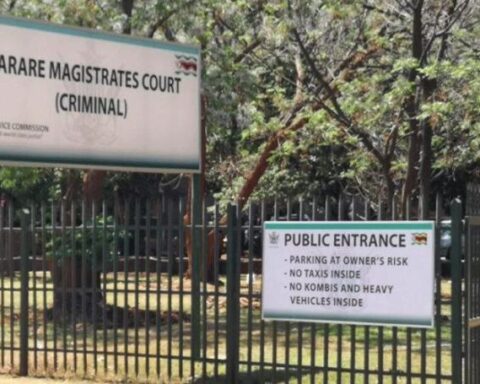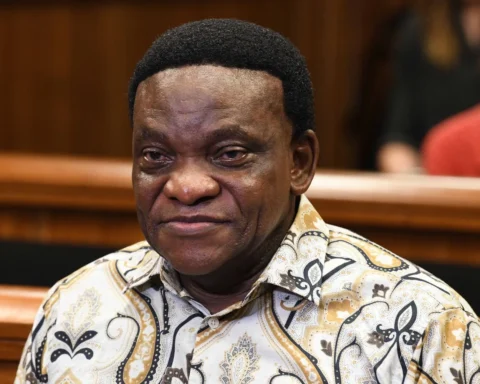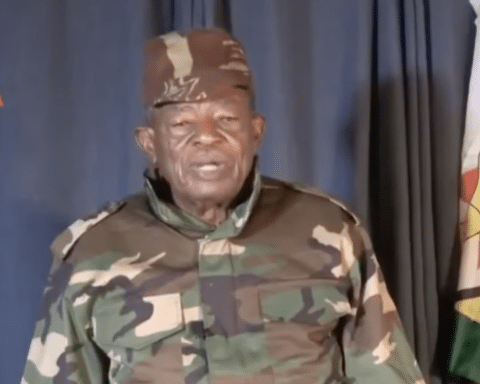HARARE — In the aftermath of a disputed presidential election, Nelson Chamisa, leader of the Citizens Coalition for Change (CCC), is placing his hopes on Hakainde Hichilema, Zambian President and Chair of the Sadc Organ on Politics, Defence and Security, for support in advocating for new elections in Zimbabwe.
Chamisa has refused to accept the results of the August 23-24 elections, which declared incumbent President Emmerson Mnangagwa as the winner. He is now calling for fresh elections to be supervised by the African Union and Sadc.
The Sadc observer mission’s preliminary report questioned the credibility of the election, sparking a hostile reaction from the ruling Zanu-PF party. They have specifically targeted Sadc observer mission head Nevers Mumba for what they claim is bias in the reporting.
CCC spokesperson Promise Mkhwananzi remains optimistic, informing that the delegation led by Jameson Timba and Gladys Hlatshwayo is actively engaging with Sadc leaders. “We will leave no stone unturned,” Mkhwananzi said, underlining the importance of Sadc’s role in the electoral process.
Hichilema’s position as the Sadc organ chair on politics, defence and security becomes particularly significant as tensions rise between Zanu-PF and Zambian leadership. Zanu-PF has accused Hichilema of pushing a “Western agenda,” thereby risking a diplomatic fallout.
The CCC believes that Hichilema, who has shown commitment to democratic principles, will be objective in the Sadc’s panel of elders’ findings on the election. These findings are yet to be released, but the CCC remains hopeful that they will align with ground-level observer reports which pointed to various irregularities.
South Africa’s ANC Secretary-General Fikile Mbalula quickly congratulated Mnangagwa, claiming Zanu-PF as an ally of ANC, not CCC. This has caused tension between CCC and ANC, with Mkhwananzi insisting that South Africa should prioritize the Zimbabwean people’s interests over Zanu-PF.
Piers Pigou, head of the southern Africa programme at the Institute for Security Studies, warns that Zimbabwe remains a potential point of division within Sadc. With Chamisa pinning hopes on Hichilema, Zimbabwe enters a politically charged period that could redefine its democratic landscape and relationships within the Sadc.








